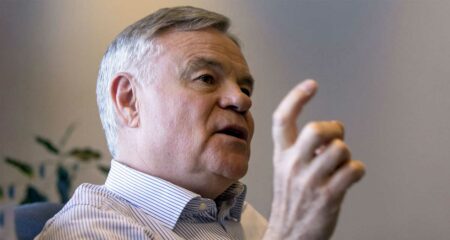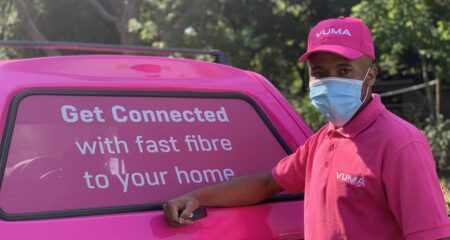
With less than four weeks to go until South Africa holds local government elections, the ANC continues to lag its main rival in three key municipalities that it currently controls, the latest eNCA public opinion survey shows.
The ANC had the support of 26% of respondents surveyed on 4-5 July in the Tshwane municipality, which includes the capital, Pretoria, a gain of three percentage points from the previous week, while the Democratic Alliance declined by the same margin to 39%, according to the poll, which was compiled for the broadcaster by research company Ipsos.
In Johannesburg, the commercial hub, the ANC had 31% backing, a rise of 1%, and the DA 36%, a three percentage point increase.
In the southern Nelson Mandela Bay municipality, which incorporates the city of Port Elizabeth, the ANC had 21% support, down six points to half that of the DA, which saw its backing rise by 3%.
The poll is the fifth commissioned by eNCA that shows support for the ANC is slipping, as discontent mounts over a 27% unemployment rate, widespread poverty and a succession of scandals embroiling ANC leader President Jacob Zuma.
The actual outcome of the vote could differ markedly from the polls, which gauge the opinions of about half of a pool of 3 000 potential voters across the three cities by phone each week, according to Ipsos political analyst Mari Harris.
“This is definitely not a a prediction of the poll results,” Harris said by phone on Thursday. “The purpose of this is to give an indication of the political climate week by week.”
The gain in support for the ANC in Tshwane from a week earlier indicated that public anger abated over the ruling party’s choice of lawmaker and former agricultural minister Thoko Didiza as its mayoral candidate. Five people died, shops were looted and 270 people were arrested last month after Didiza’s candidacy was announced.
The third-biggest party, the Economic Freedom Fighters, which was formed in 2013 and advocates the nationalization of mines, banks and land, garnered 12% support in Tshwane, and 10% in both Johannesburg and Nelson Mandela Bay.
Sixteen percent of respondents in all three cities said they were undecided about who they would vote for. The margin of error was 1,6% to 3,7% in Tshwane, 1,2% to 2,8% in Johannesburg and 2,5% to 5,7% in Nelson Mandela Bay.
The August vote is being contested by 200 parties and 61 014 candidates.
The ANC won control of 198 of the 278 municipalities, including seven of the country’s eight biggest metropolitan areas, in the last municipal elections in 2011. The DA secured an outright majority in 18 councils, including Cape Town, the second biggest city, which wasn’t covered by the eNCA poll.
Ekurhuleni, which lies to the east of Johannesburg, is another major metropolitan area not covered by the poll. Neither is Durban on the south-east coast. — (c) 2016 Bloomberg LP




